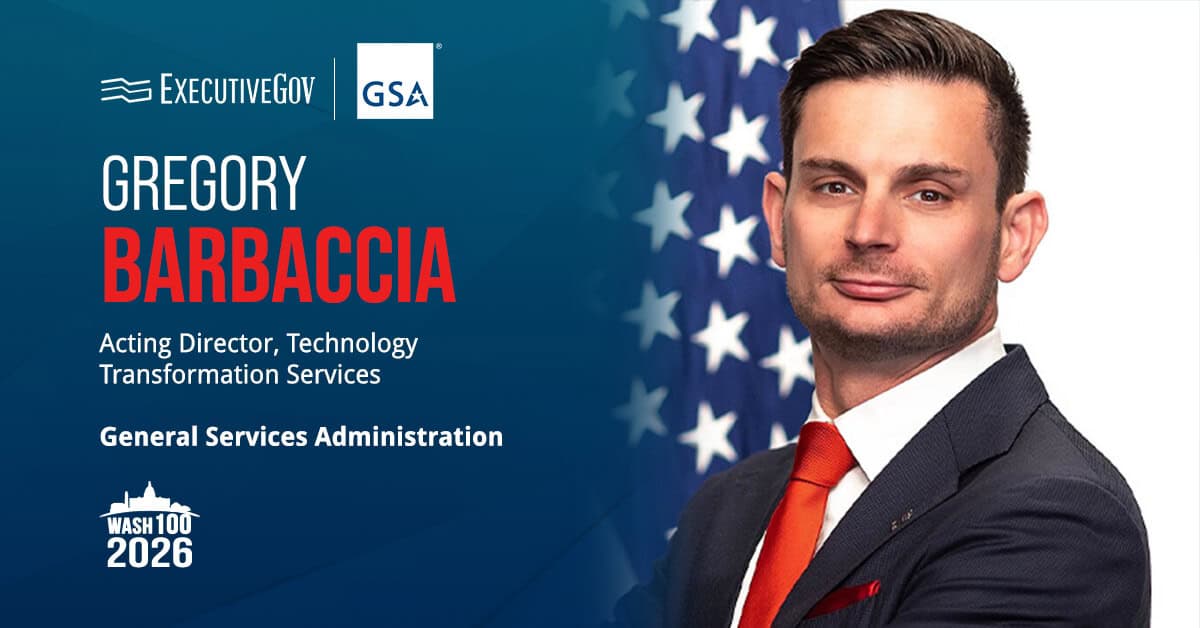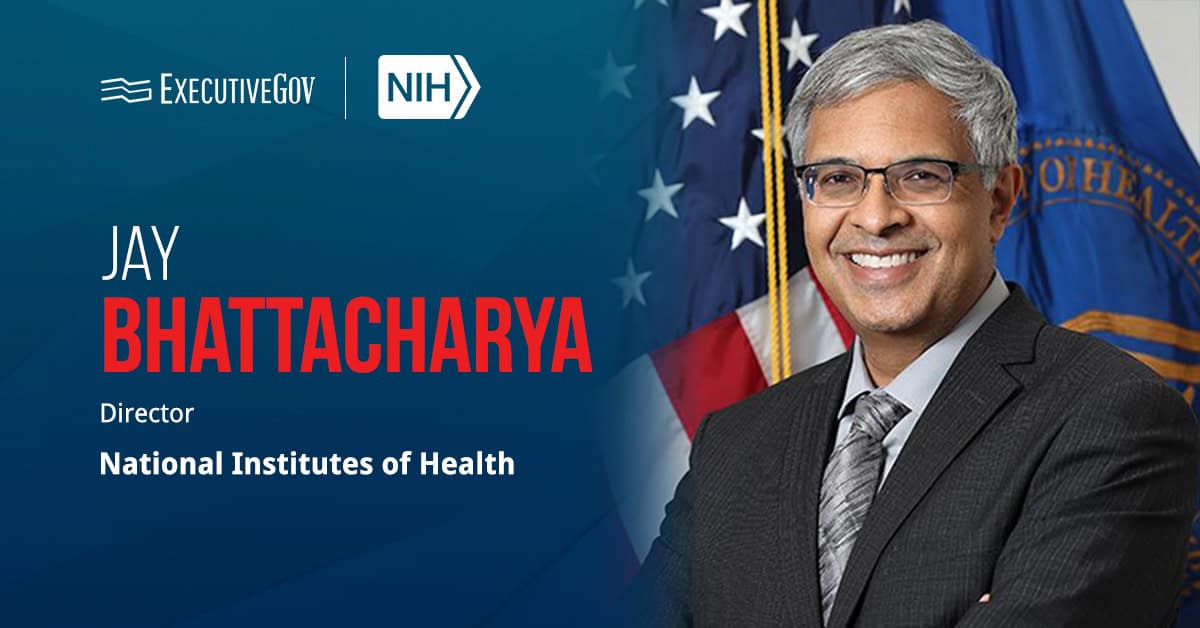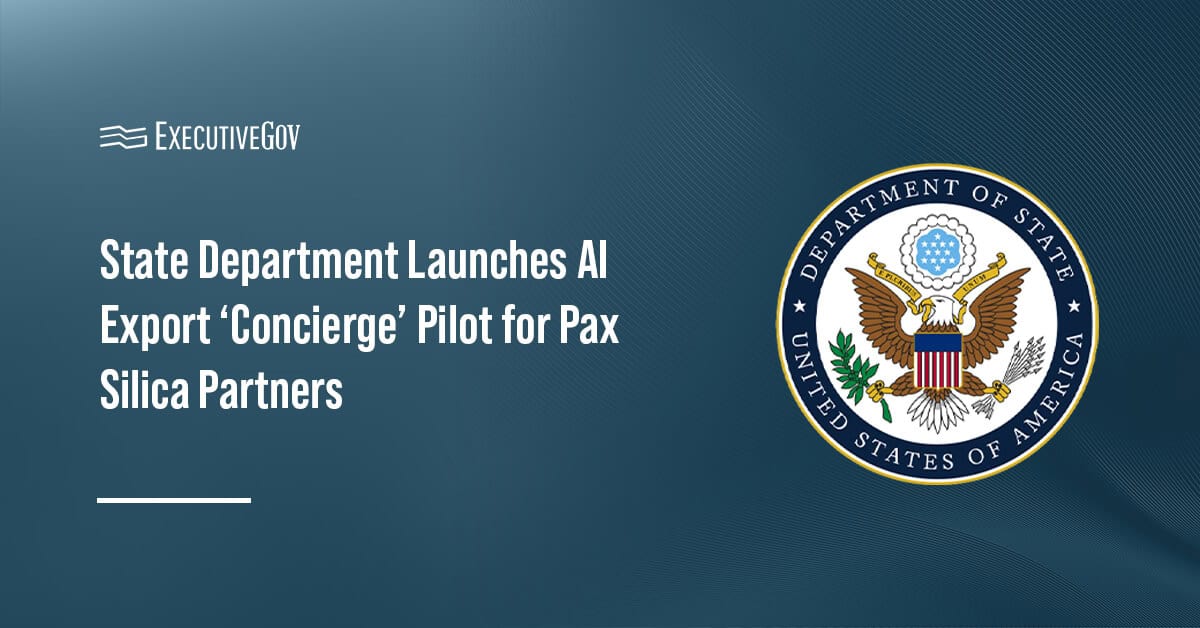The Defense Counterintelligence and Security Agency has changed the name of its organization that determines whether Department of Defense military and civilian personnel are eligible to handle classified government information or assume a national security-related sensitive position.
The move to rebrand the DOD Consolidated Adjudications Facility as DCSA Consolidated Adjudication Services will not affect its organizational structure and process, the agency said Friday.
Marianna Martineau, assistant director for adjudications at DCSA, will continue to oversee the process.
Her team performed more than 836,000 personnel security, credentialing and suitability actions during fiscal year 2021, according to the agency’s annual report.
DCSA absorbed the now-former CAF in October 2019 as part of the Pentagon’s vetting enterprise realignment initiative.





